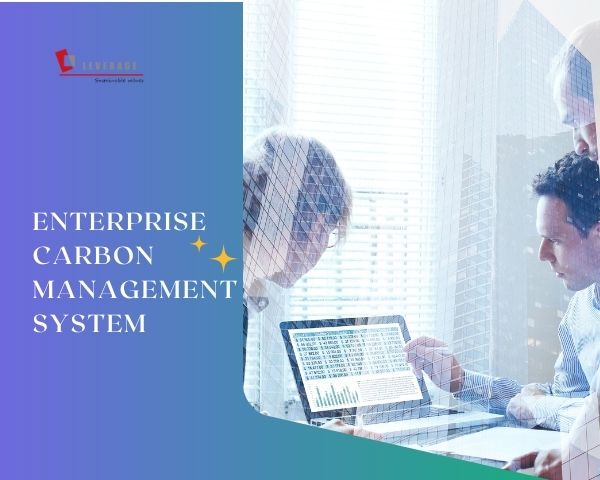
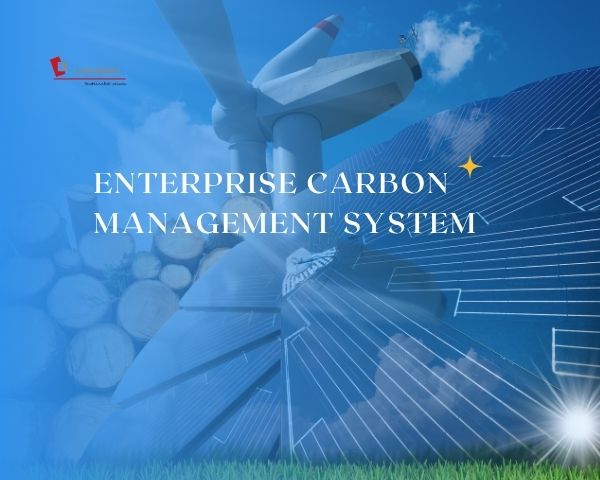
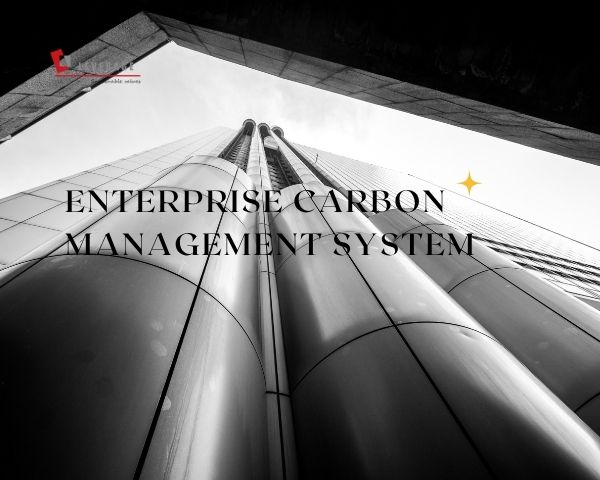
Enterprise carbon management system
With the global wave of sustainable development in the low-carbon economy, carbon emission reduction has become a strategic priority for China. Against this backdrop, enterprises must shoulder the significant responsibility and mission of low-carbon development by establishing their own carbon emission management systems. Leverage can assist enterprises in areas such as carbon emissions, carbon trading, carbon assets, and GHG inventory. Through investigation and research on the carbon emission management goals of enterprises, Leverage can help build the basic framework of a carbon emission management system and formulate corresponding management processes, laying a solid foundation for enterprises to ultimately achieve net-zero carbon emissions. This provides a certain reference for the establishment of an enterprise's carbon emission management system, thereby achieving sustainable development of a low-carbon economy.
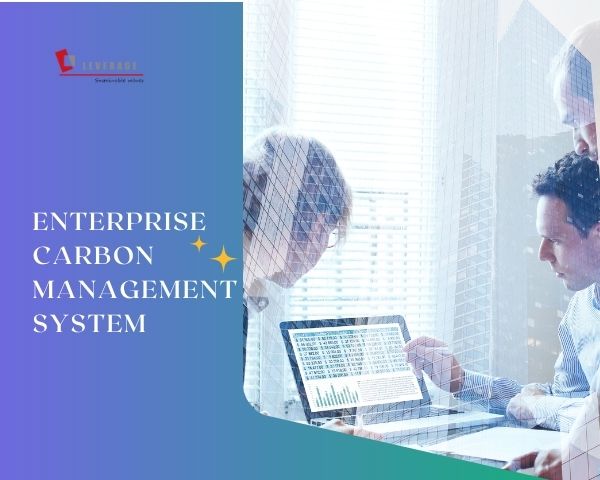
Leverage can assess the energy consumption, material usage, and emissions of a specific product throughout its lifecycle based on standards such as ISO 14067 and PAS 2050. By calculating the product's carbon footprint, we determine the carbon emissions at each stage of its lifecycle and provide a certified carbon footprint report for battery products. Additionally, Leverage offers a digital platform for real-time management of product carbon emissions data and provides supply chain due diligence reports to meet regulatory requirements, supporting enterprise development.
Carbon Management System Framework
![]()
Carbon Emission Management Flowchart

Carbon Management Response Strategies and System Construction

Carbon Management System Requirements
Management Responsibilities Objectives and Policies
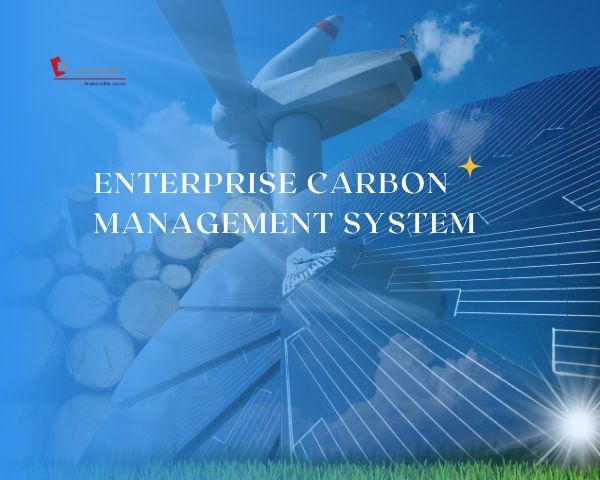
▶Planning:Legal Regulations and Requirements;Emission Source Identification;Carbon Emission Verification;Performance Parameters;Management Implementation Plan
▶Implementation and Operation:Capacity Building;Information Exchange;Document Requirements and Control;Operational Control;Product Design and Procurement
▶Checking:Monitoring, Measurement, and Analysis;Compliance Evaluation;Internal Audits;Nonconformance, Corrective, and Preventive Actions;Record Control
▶Management Review:Management Review Input Plan;Management Review Output
